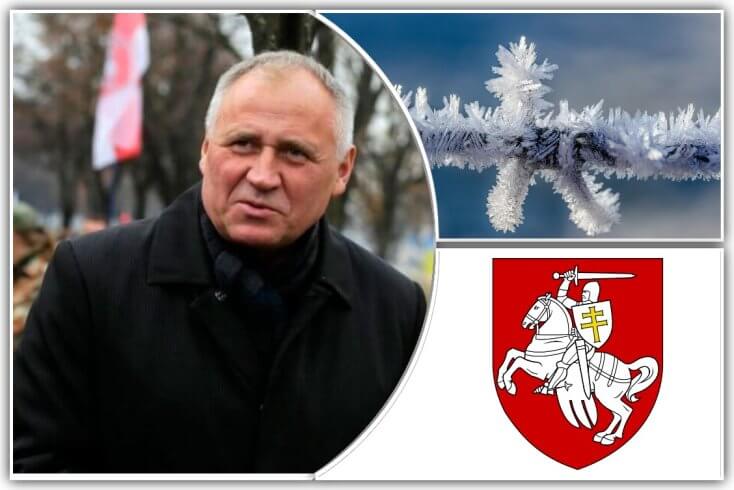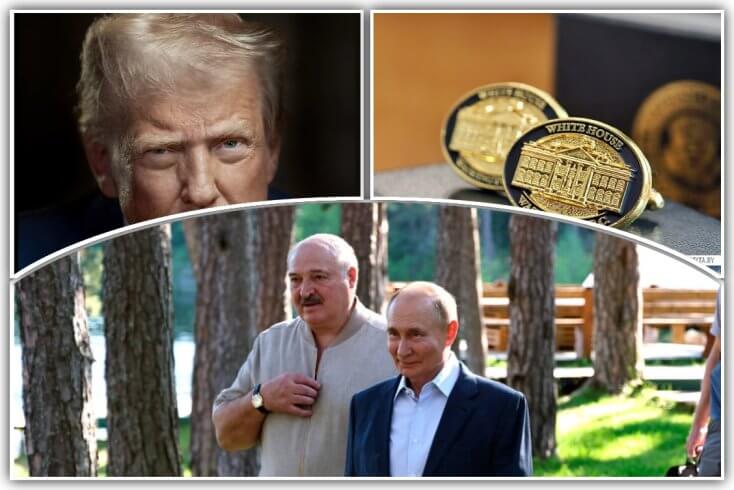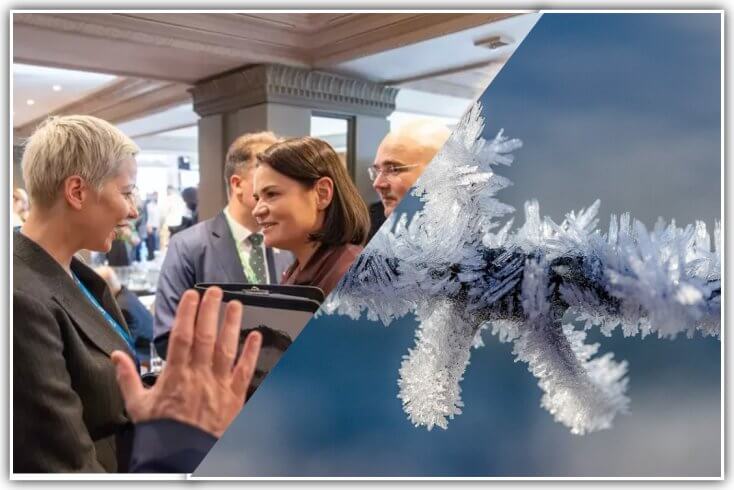On February 16, Alaksandar Łukašenka claimed that Committee for State Security (KGB) officers had captured saboteurs near the Ukrainian border. He also accused exiled opposition leaders of looking to hand over half of Belarus to Poland and seize part of Russia.
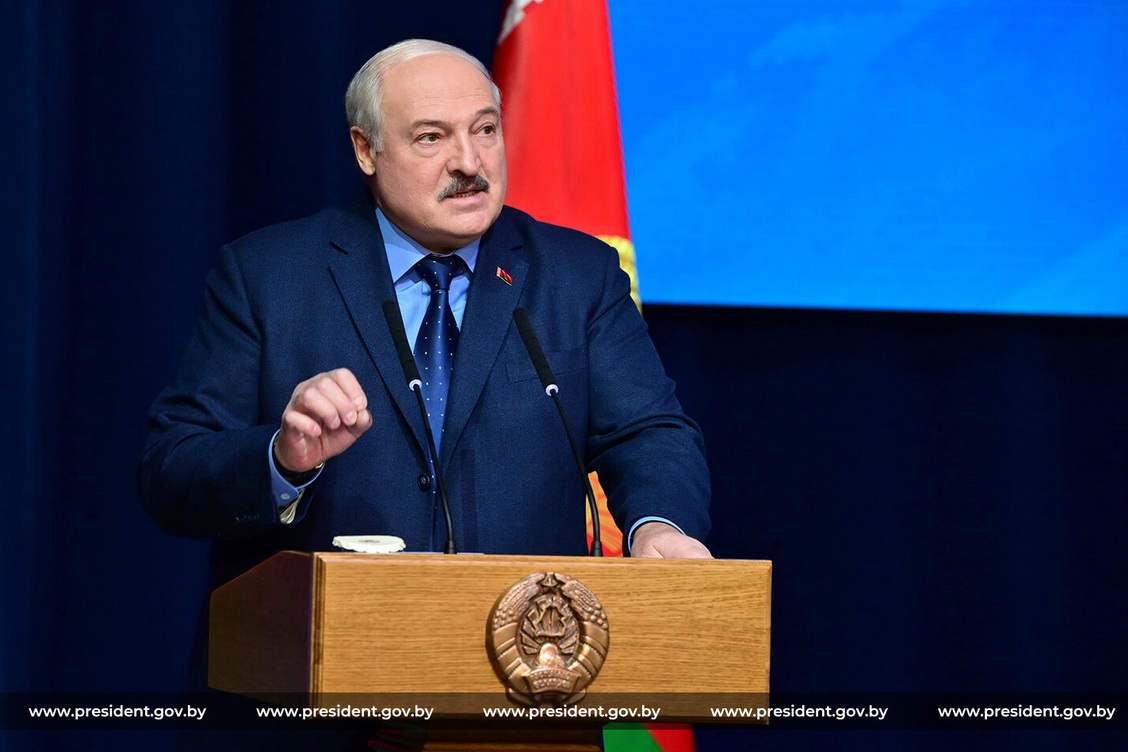
The saboteurs “crawled to our border and transferred explosives to carry out sabotage in Russia and Belarus,” Łukašenka said, and added that “all the saboteurs have been arrested, including Belarusians. And it’s happening practically two or three times a week.”
Incredible stories
Social media users have ridiculed his claims, drawing parallels with 2006, when the KGB accused opponents of a conspiracy to poison Minsk’s water supply with dead rats. An alleged suspect was even shown on television, but it remains unclear whether there was any trial because the spy agency has not released any further information.
In March 2017, state media reported that a jeep filled with explosives tried to break through Belarus border from Ukraine, only to be stopped by border guards. Two people were allegedly arrested and charged, but there was no follow-up to that story either.
In 2017, amid protests against a tax on unemployed people across the country, the government tried to discredit its participants in every way possible. Prosecutors opened the so-called “White Legion” case, portraying members of the defunct organization as bloodthirsty guerrillas, only to release them later without charges.
Before the 2020 presidential election, the KGB claimed that hundreds of Wagner saboteurs had been deployed to Belarusian forests. Paradoxically, the Wagner mercenaries later became good friends of the Belarusian internal troops commander, Mikałaj Karpiankoŭ.
In March 2021, law enforcement officers arrested a man for allegedly planting an explosive device in a garbage bin near a Minsk playground at the instigation of Śviatłana Cichanoŭskaja and the opposition’s ByPol initiative.
No one could understand why the opposition leader would need to blow up the bin, but the government used the incident as a pretext to accuse her of terrorism.
Last March, the KGB reported arresting a terrorist armed with a Kalashnikov and grenades in Hrodna. Many considered the story a hoax because the suspect wore a strange wig that would attract attention from a mile away. At the time, it was in the government’s interest to inflame tension to justify a retaliatory crackdown after the bombing of a Russian reconnaissance plane at the Mačuliščy airfield near Minsk.
In general, the Belarusian law enforcement agencies have a poor record in terms of credibility.
KGB accuses Kyiv
This time, right after Łukašenka’s speech, the KGB immediately reported details of their operation. They said that in the early hours of February 15 a group crossed into Belarus near Lelčycy, and “some of them were detained.”
The KGB said that the detainees included two Ukrainians, a father and son, and a Belarusian, accusing the father of involvement in smuggling “together with his sons.”
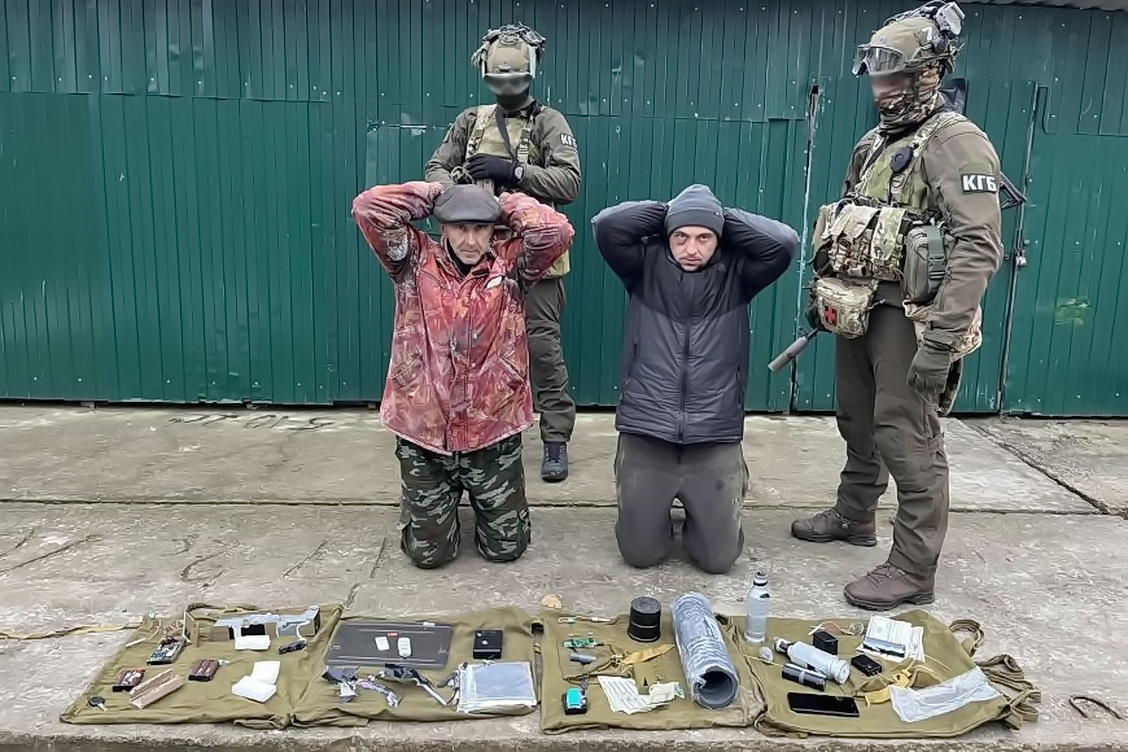
The KGB accused the Security Service of Ukraine (SBU) of deploying the sabotage group to Belarus. SBU spokesman Andriy Demchenko dismissed the claim as absurdity.
Clearly, Kyiv would not admit a deployment of saboteurs, even if it was a true story. Besides, it would be absolutely unprofessional for Ukrainian intelligence not to conduct reconnaissance operations in the co-aggressor country.
On the other hand, Kyiv is obviously reluctant to provoke Łukašenka with acts of sabotage as it seeks to avoid a second front in the north.
Were the alleged saboteurs trying to sneak into Russia through Belarus? Unlikely, since the Lelčycy district in southwestern Belarus is a long way from Russia.
Skeptics say the suspects are probably petty smugglers caught in the wrong place at the wrong time, days before the elections, as the Belarusian leader and his lieutenants are wary of enemy plots to disrupt the vote.
Łukašenka pits Moscow against his opponents
The second target of Łukašenka’s verbal attacks was the West and exiled opposition leaders.
On February 16, he accused unnamed opposition leaders of planning a handover of western Belarus to Poland “in case of Russia’s defeat” and eastward expansion at the expense of Russia.
He did not specify who said what, to whom and when.
Łukašenka’s apparent intention was to pit Russia against the Belarusian opposition.
In fact, the Polish governments adhere to the principle of the inviolability of borders. The only country in Europe that invades other countries, claiming historical lands, is Russia under Vladimir Putin, Łukašenka’s closest ally.
Minsk keeps talking about enemies gnashing their teeth at the borders, to justify the internal crackdown.
Poland’s non-existent territorial claims
Poland offered Belarus to drop all territorial claims and recognize the existing borders even before the collapse of the Soviet Union.
Most notably, in late 1990 Minsk refused to sign a declaration of friendship and cooperation with Poland, although Russia and Ukraine had already signed similar agreements. Minsk specifically objected to a wording about its borders with Poland and to the treatment of the approximately 300,000 ethnic Belarusians in Poland.
After the August 1991 coup in Russia, relations evolved rapidly once Belarus had declared its independence.
In a declaration of friendship and cooperation, signed in October 1991, the parties renounced territorial claims against the other and promised to respect minority rights. In December 1991, Poland extended diplomatic recognition to Belarus.
In 1992, Warsaw offered Belarus a treaty confirming existing borders and establishing clear principles of minority rights.
When the treaty was initialed in April 1992, Polish Prime Minister Jan Olszewski said that “relations between our countries can serve as a model for relations among other countries in our region.”
By codifying 93 percent of its eastern border by mid-1992 (206 kilometers with Russia in May, 428 kilometers with Ukraine in May, and 605 kilometers with Belarus in June, with only the 91 kilometers with Lithuania remaining), Warsaw sent a clear signal that it had no interest in eastward expansion.
When Stanisłaŭ Šuškievich, speaker of the Belarusian parliament, signed the Belarusian-Polish treaty in Warsaw in June 1992, he connected relations with Poland to Belarus’ European destiny.
Belarus then opened its first embassy in Warsaw, not in Moscow. For the next eighteen months Poland offered Šuškievich and like-minded Belarusians a window on the West, helping Belarus to join regional institutions and initiating military cooperation. The direct election of Łukašenka as president of Belarus in 1994 ended fruitful cooperation with Poland and began a dictatorship of Soviet nostalgia.
